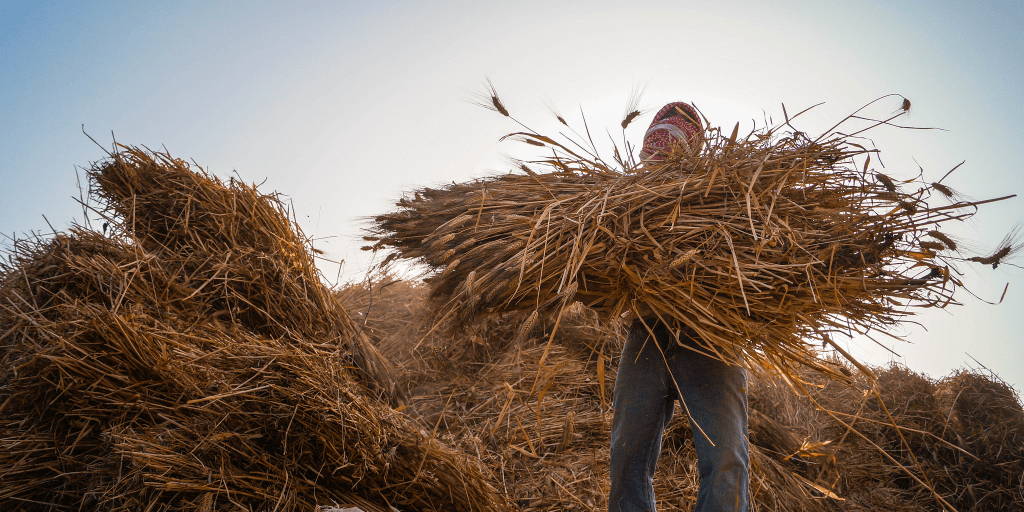Egypt’s Prime Minister Mostafa Madbouly stated in a press conference on Wednesday that the Government of Egypt is reviewing its policies ahead of Eid El-Adha, July 9, in order to combat the global food crisis and stabilize meat prices.
Madbouly noted that the government is exerting tremendous effort to mitigate the crisis, and urged the Egyptian public to “rationalize” their food consumption in order to lessen the constraints and pressures that are imposed on the government, according to Ahram Online.
On the same day, Minister of Supply and Internal Trade Ali Moselhi noted that Egypt has strategic reserves of basic commodities, and that cooking oil, wheat, and sugar will be sufficient for the upcoming six months.
Moselhi added that Egypt is looking to strengthen international cooperation and sign agreements with a number of countries to find alternatives to Russia and Ukraine’s wheat imports.
This week, the G7 countries released a joint statement expressing their support for Egypt during the ongoing global wheat crisis, noting that it is “enhancing cooperation with Egypt to meet this crisis, through increased support for the World Food Program’s activities in Egypt and regional frameworks.”
To mitigate the crisis, Egypt issued a new government decree which aims to regulate the trade and sale of locally sourced wheat supplies.
The decree stipulates that all registered wheat farmers must supply approximately 60 percent of yields per feddan to local authorities. These local authorities include the Egyptian Holding Company for Silos and Storage (EHCSS), the General Company for Silos and Storage, the mill companies affiliated to the Holding Company for Food Industries, and the Agricultural Bank of Egypt.
Additionally, to restrict the trade of local wheat supplies, the decree also prohibits the sale of local wheat supplies to non-governmental bodies, except after obtaining a permit from the Ministry of Supply and Internal Trade.
Egypt is the world’s largest importer of wheat, according to the Observatory of Economic Complexity, importing 80 percent of the grain from Russia and Ukraine. Locally, Egypt cultivates 3.7 million acres with wheat, producing 9.5 to 10 million tons, according to the Minister of Agriculture and Land Reclamation.







Comment (1)
[…] رئيس الوزراء المصري يحث المصريين على ترشيد استهلاك الغ… […]